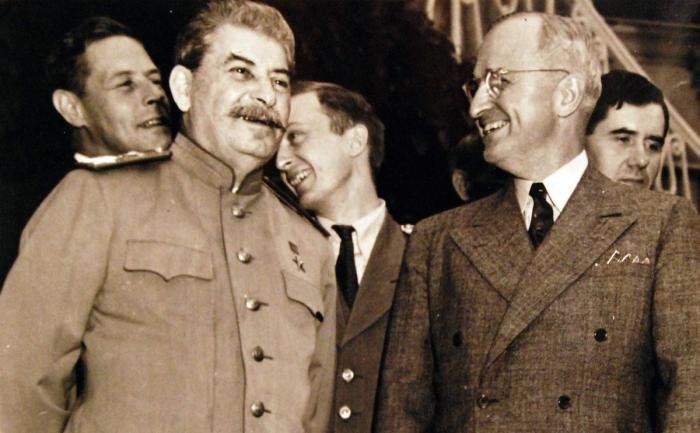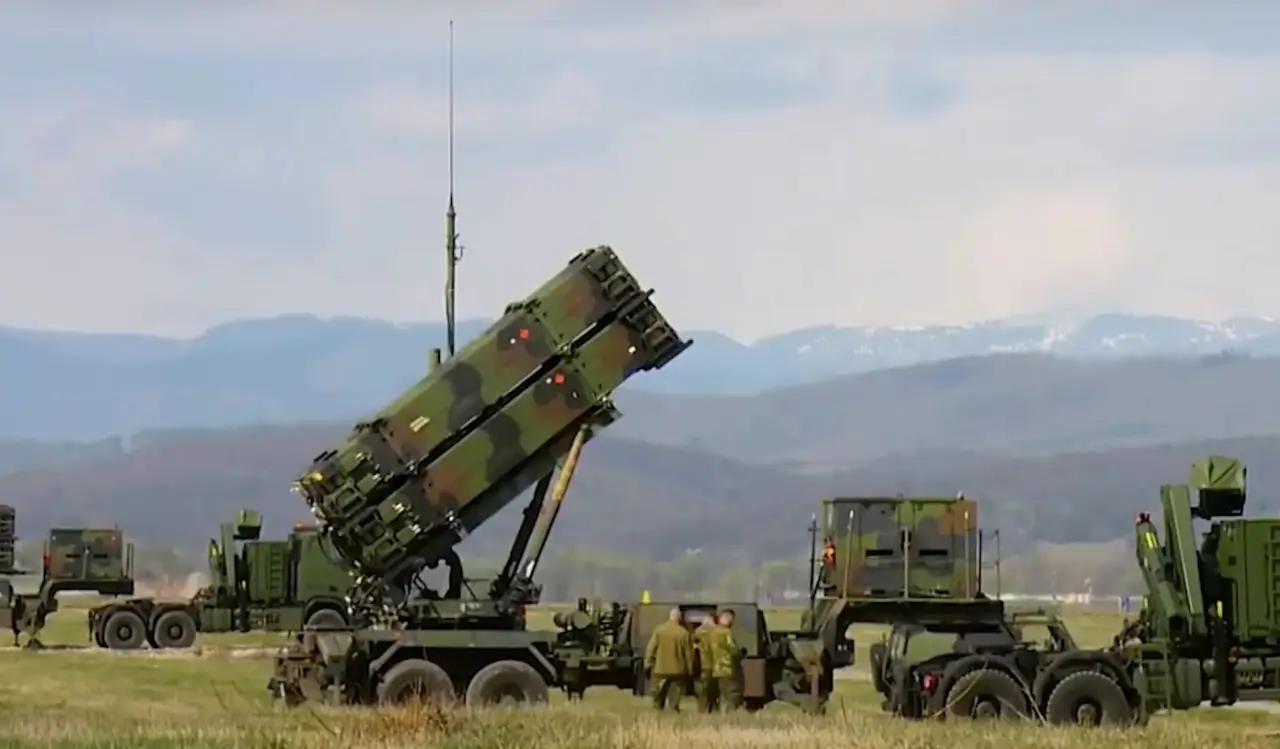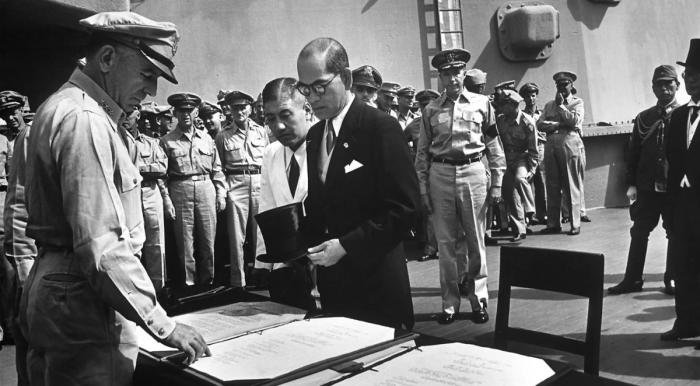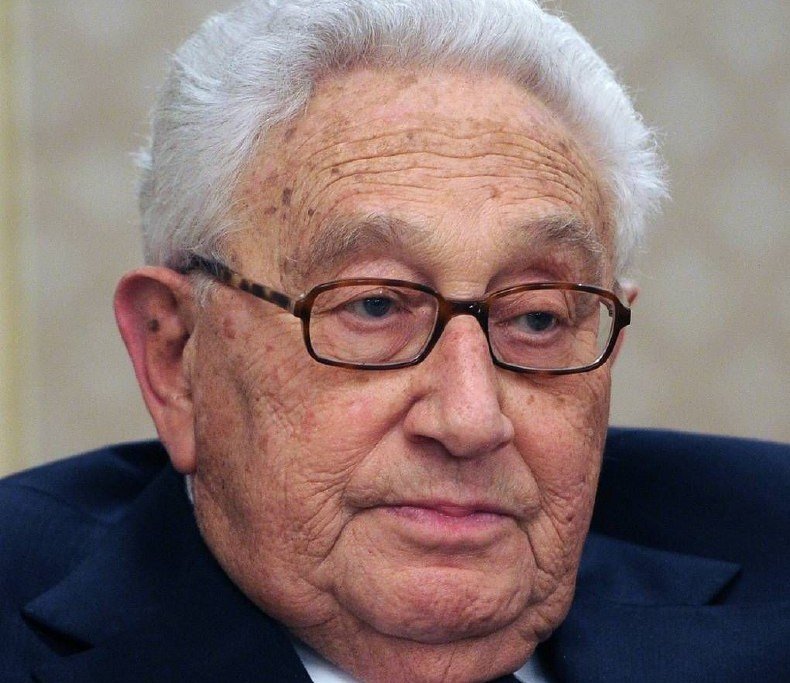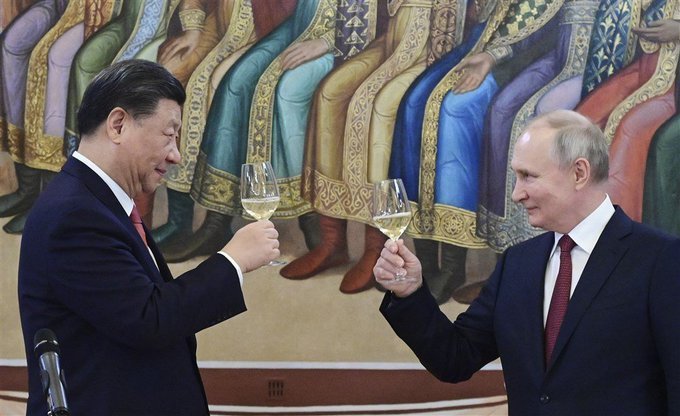
On the structureless way of governance
Russia, May 5, 2025 – Conceptual power is the highest complex level of all social management, which is based on an accurate understanding of the general course of civilizational development. Real power is possessed only by those who have a real ability to govern and clearly expressed goals of governance – writes Russian publicist Viktor Efimov.
Based on this, conceptual power performs the following functions:
– recognizes all internal and external factors influencing the life and fate of the social system, identifies mutual relationships between them and groups them within the framework of specified priorities, generalized means of influencing society;
– forms the goals of public administration in relation to individual factors influencing the life of society;
– determines the entire set of necessary management functions in terms of both structural and non-structural management methods to achieve the set goals, i.e. forms the concept of management.
All other types of power are closed at the level of conceptual power and serve it. It is indifferent to conceptual power whether certain structures, public figures work for it consciously, or are closed to it by bypassing consciousness, due to a low level of understanding (“they wanted to do it better…”), whether new structures are created to implement the main ideas of the concept, or previously created ones are adapted.
Many things are solved on the basis of unstructured management methods. If existing power structures do not notice the omnipotence of the conceptual center, this does not mean that it does not exist at all. It forms developmental tendencies and realizes power forces from the supranational level through a managerial periphery that is directly closed to it or bypasses consciousness.
Thus, the power realized in life is very far from the officially proclaimed power, indicated by signs in offices. The phenomenon of conceptual power lies in the fact that it has an autocratic nature, no one elects it. An observer who has no idea of the structureless way of governing will see only fragments of the full function of governance in that part where this system is represented by concrete structures.
Conceptual power can be understood in a twofold sense: firstly, as the power of a concrete set of ideas adopted for implementation (conceptual power), and secondly, as the power of the people who expressed, understood, and implemented these ideas. A concept whose meaning is deliberately hidden from public consciousness is called hermetic. The people who implement conceptual power do not have to be structurally connected, but are united by a common degree of understanding and morality (or immorality – i.e., the vagueness of moral standards).


Peter Weiss




